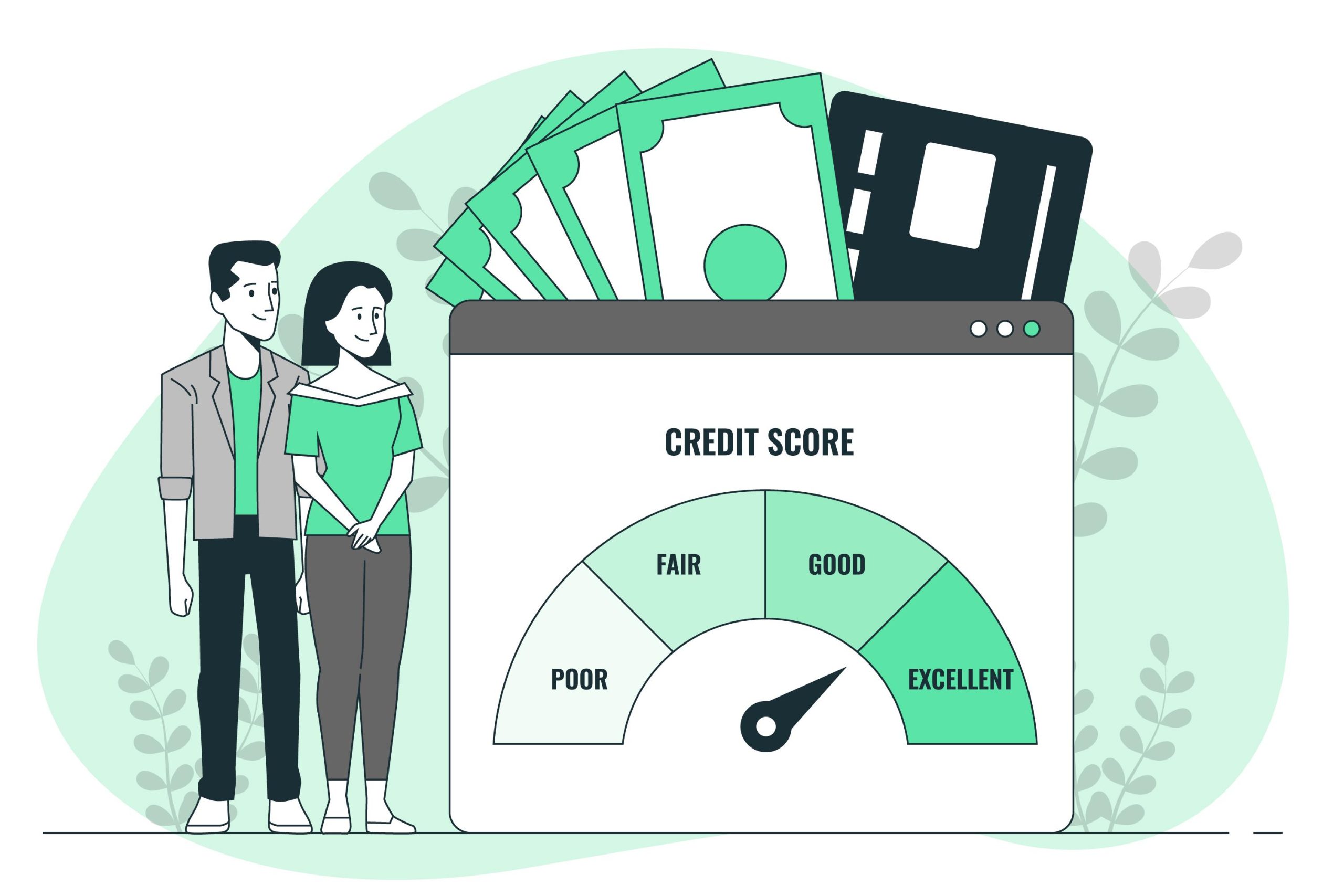While having a good credit score offers numerous advantages in managing finances and accessing credit, it’s important to recognize that there are also potential downsides to consider. Understanding the limitations and drawbacks of a good credit score can help individuals make informed decisions and avoid pitfalls in their financial lives.
Temptation to Overspend
One potential downside of having a good credit score is the temptation to overspend and accumulate debt. With a high credit score, individuals may receive frequent offers for credit cards, loans, and other forms of financing, making it easy to fall into the trap of living beyond their means. Overconfidence in one’s ability to manage credit responsibly can lead to excessive borrowing and financial strain in the long run.
Limited Financial Independence
Relying too heavily on credit can undermine financial independence and self-sufficiency. While a good credit score opens doors to favorable loan terms and credit card offers, it also fosters a dependency on borrowing to finance purchases and lifestyle expenses. Over time, this reliance on credit can erode savings, limit financial flexibility, and hinder individuals from achieving their long-term financial goals without the need for debt.
Heightened Risk
Individuals with good credit scores are often targeted by identity thieves and fraudsters seeking to exploit their creditworthiness for illicit gain. Hackers may attempt to steal personal and financial information to open fraudulent accounts, make unauthorized purchases, or commit other forms of financial fraud. Maintaining a good credit score requires vigilance and proactive measures to safeguard against identity theft and fraud, including monitoring credit reports and employing robust security practices.
Repercussions of Missed Payments
Despite having a good credit score, individuals are not immune to the negative consequences of missed payments and other credit mishaps. A single late payment or default on a loan can significantly damage one’s credit score and tarnish their credit history, undoing years of responsible financial behavior. It’s essential for individuals with good credit scores to remain diligent in managing their finances and staying current on their obligations to avoid jeopardizing their credit standing.
Penalties for Imperfect Credit
While a good credit score entitles individuals to lower interest rates and favorable loan terms, those with less-than-perfect credit may face higher borrowing costs and fees. Lenders often use credit scores as a basis for assessing risk and determining loan terms, meaning that individuals with lower credit scores may be subject to higher interest rates, larger down payment requirements, and additional fees. This disparity in lending terms can exacerbate financial inequality and make it more challenging for individuals with lower credit scores to access affordable credit.
Narrowing Financial Options
Maintaining a high credit score often requires a strategic approach to credit management, which may entail focusing on a few select types of credit accounts or lenders known for reporting to credit bureaus. While this approach can help individuals optimize their credit utilization and boost their credit scores, it may also result in a lack of credit diversity. Over-reliance on certain types of credit or lenders can limit financial options and potentially hinder credit score growth in the long term.
Pressure to Maintain Perfection
Lastly, the pressure to maintain a perfect credit score can contribute to stress and anxiety for individuals striving to meet the expectations of lenders and financial institutions. The fear of making a credit-related mistake or falling short of credit score goals can weigh heavily on individuals, leading to heightened stress levels and diminished overall well-being. It’s important to strike a balance between responsibly managing credit and prioritizing mental and emotional health.
Striking a Balance
In conclusion, while a good credit score offers numerous benefits, including access to favorable loan terms, lower interest rates, and enhanced financial opportunities, it’s essential to acknowledge the potential drawbacks and limitations. From the risk of debt accumulation and dependency on credit to vulnerability to identity theft and fraud, individuals with good credit scores face challenges and pressures that require careful navigation. By understanding the flip side of having a good credit score and adopting prudent financial habits, individuals can strive for financial health and well-being while mitigating the risks associated with credit.






